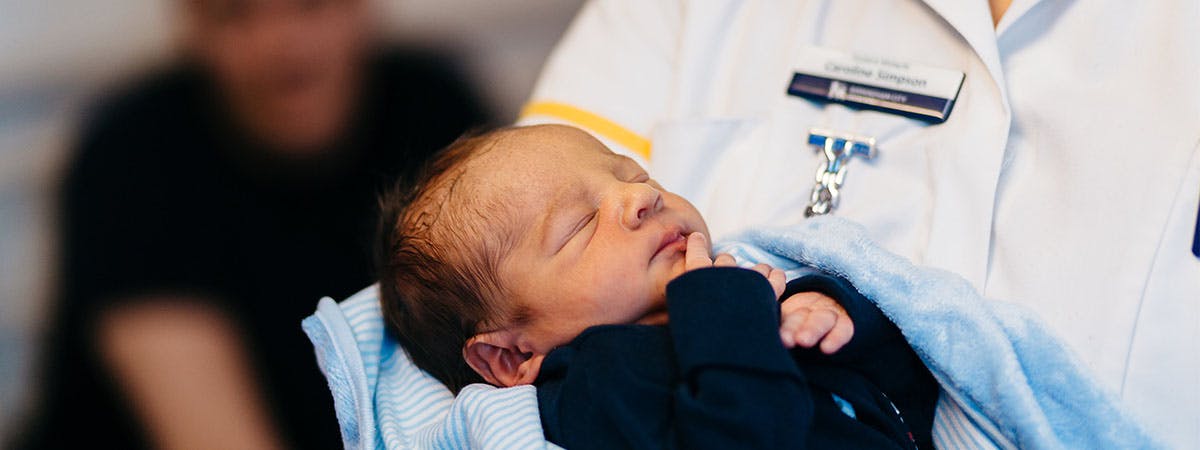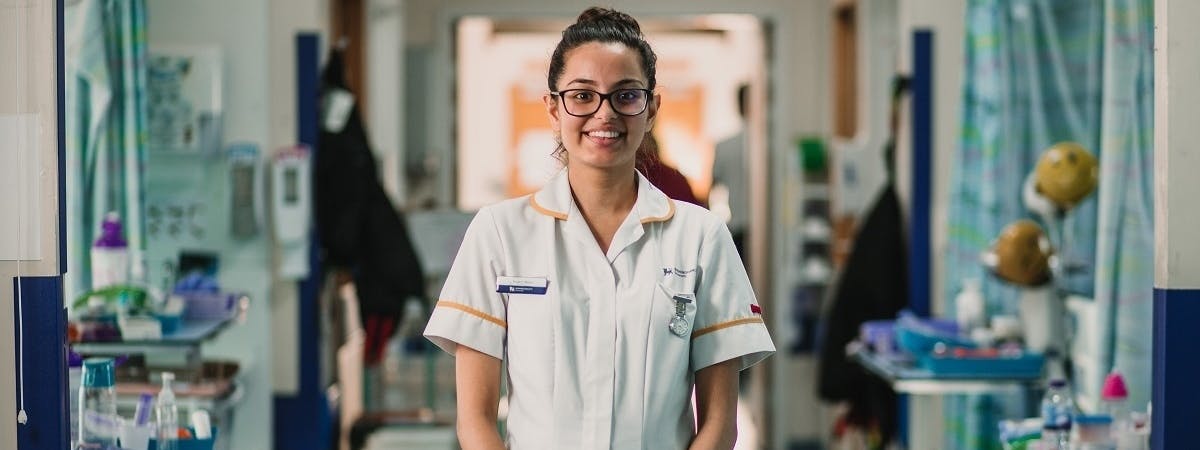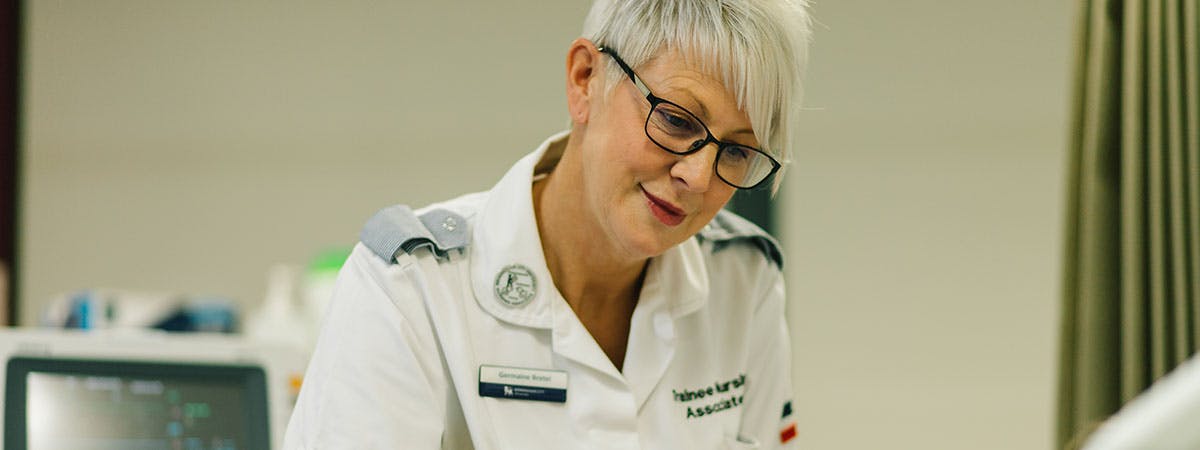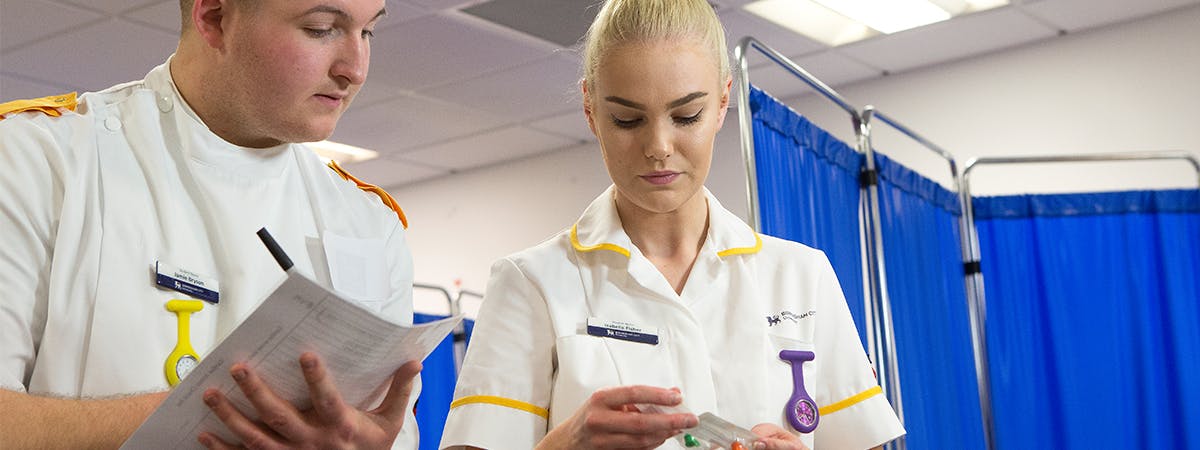This week is World Breastfeeding Week. Breastfeeding is an emotive and sometimes controversial topic, and one that our staff, and student midwives and health visitors know is important. So we wanted to celebrate how our students and staff support mothers to feed their babies. Our focus is always on what’s best for mother and baby.

Baby Friendly midwives and health visitors
Midwives sometimes get a bad press for bullying women into breastfeeding but it’s just not true! While we won’t deny that breastfeeding is good for babies, our accreditation means that we teach our midwives and health visitors to support women whatever method of feeding they choose.
Using research to inform practice
The Elizabeth Bryan Multiple Births Centre (EBMC) is a research collaboration between the University and the Multiple Births Foundation (MBF). Its work includes looking at education programmes for health care professionals around infant feeding and support of multiple birth families.
It’s easy to see that the idea of feeding more than one baby can be daunting for mothers, but the MBF has worked with families for over 30 years and published evidence which shows that breastfeeding is possible for multiple babies, and can be done exclusively for several months in some cases. Using this research, the MBF has published information and guidelines for both parents and healthcare professionals.
Amazingly, the majority of women can produce enough milk to feed two or more babies. The key thing to help them achieve this is help from midwives, neonatal unit staff and health visitors in the first days and weeks to establish feeding. It is also important that families receive consistent advice, encouragement and support to build the confidence of mothers in the following weeks.
Another concern for multiple birth parents is that, as up to 60% of twins are born at or before 37 weeks gestation, and are on average a lower birth weight than singletons, mothers often need extra help getting breast feeding established. This means that access to expert staff who can help with this is vital.
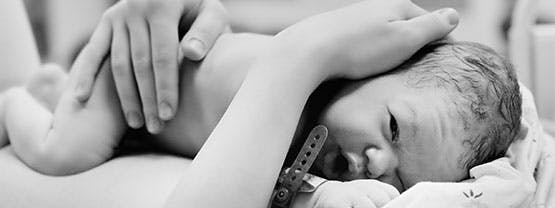
Top tips we give our students
- Help establish breastfeeding through skin to skin contact as soon as possible after birth, and regularly afterwards
- Provide mothers with support on how to breastfeed, such as helping baby to latch on
- Explore different positions for feeding (which vary depending on whether a mother is feeding one or two babies at a time; there are more options that you might think)
The choice is yours
For many women, the decision on how to feed their babies is a very personal choice, and sometimes the reality of feeding in their chosen way can be quite different to what they’d anticipated. For example, women who want to breastfeed may have difficulty with milk production, pain during feeding or infections such as mastitis. Those who plan to bottle feed may have trouble with finding the right bottles, teats and formula milk to suit their baby, or the time it takes to make and suitably cool formula milk.
Ultimately, the most important thing is to make sure mothers and families can access the information and support they need to do what is right for them.


